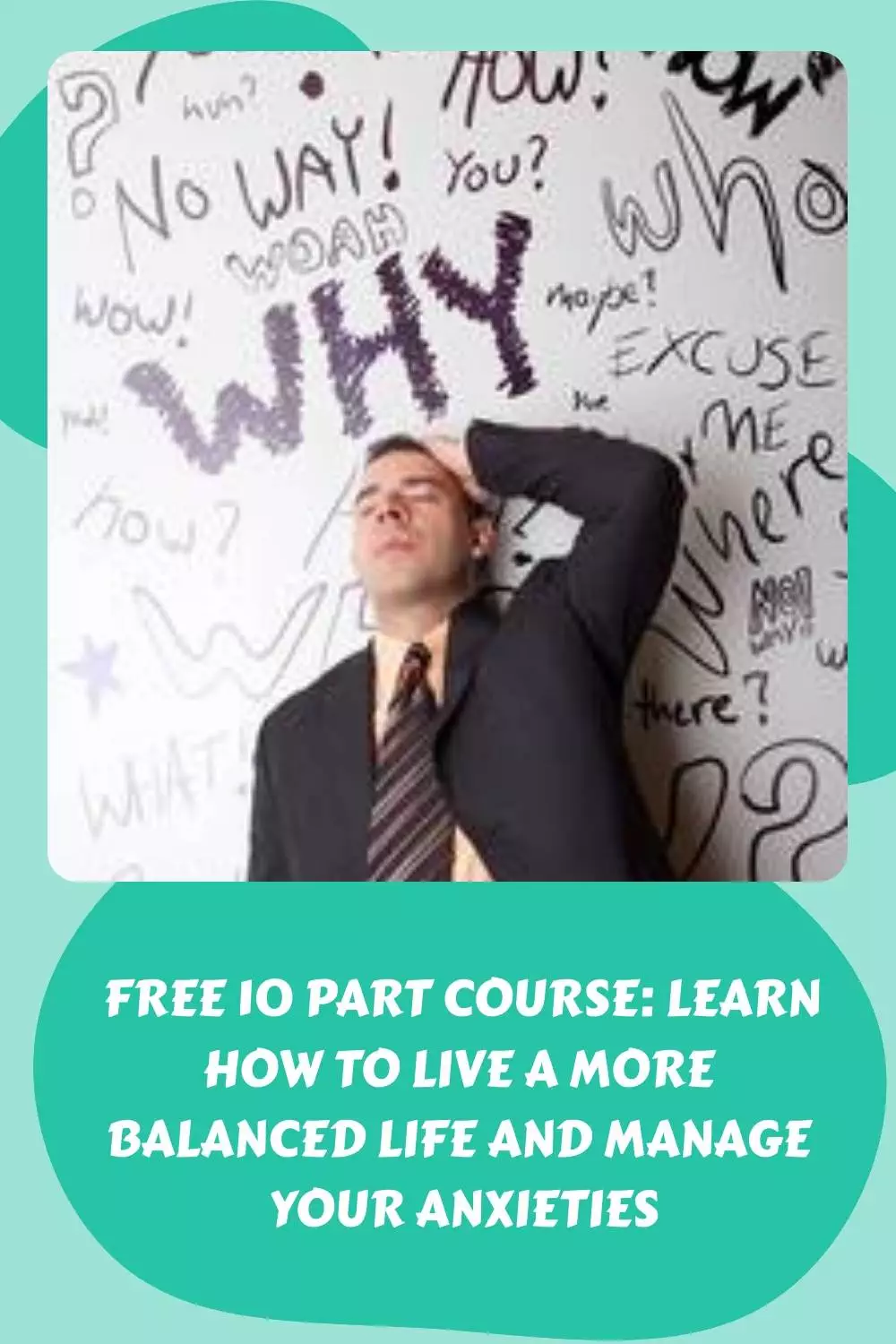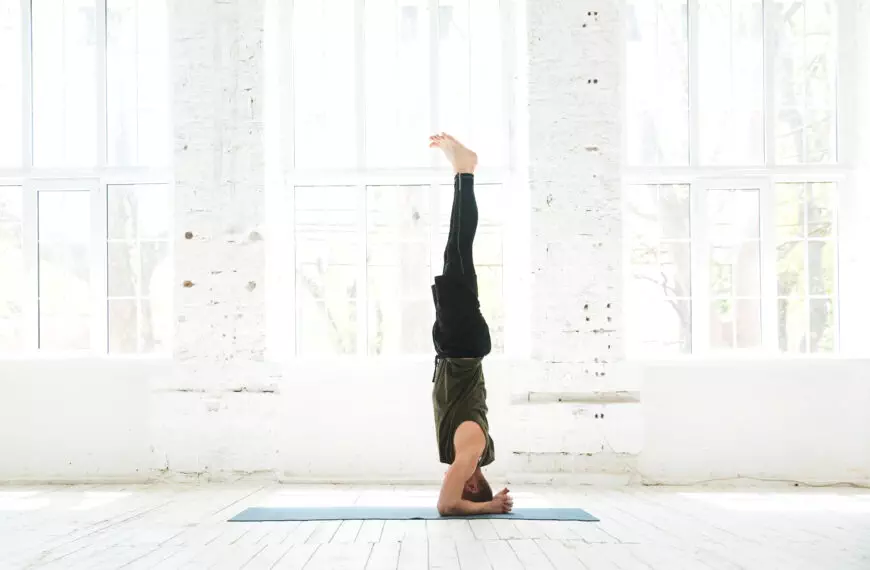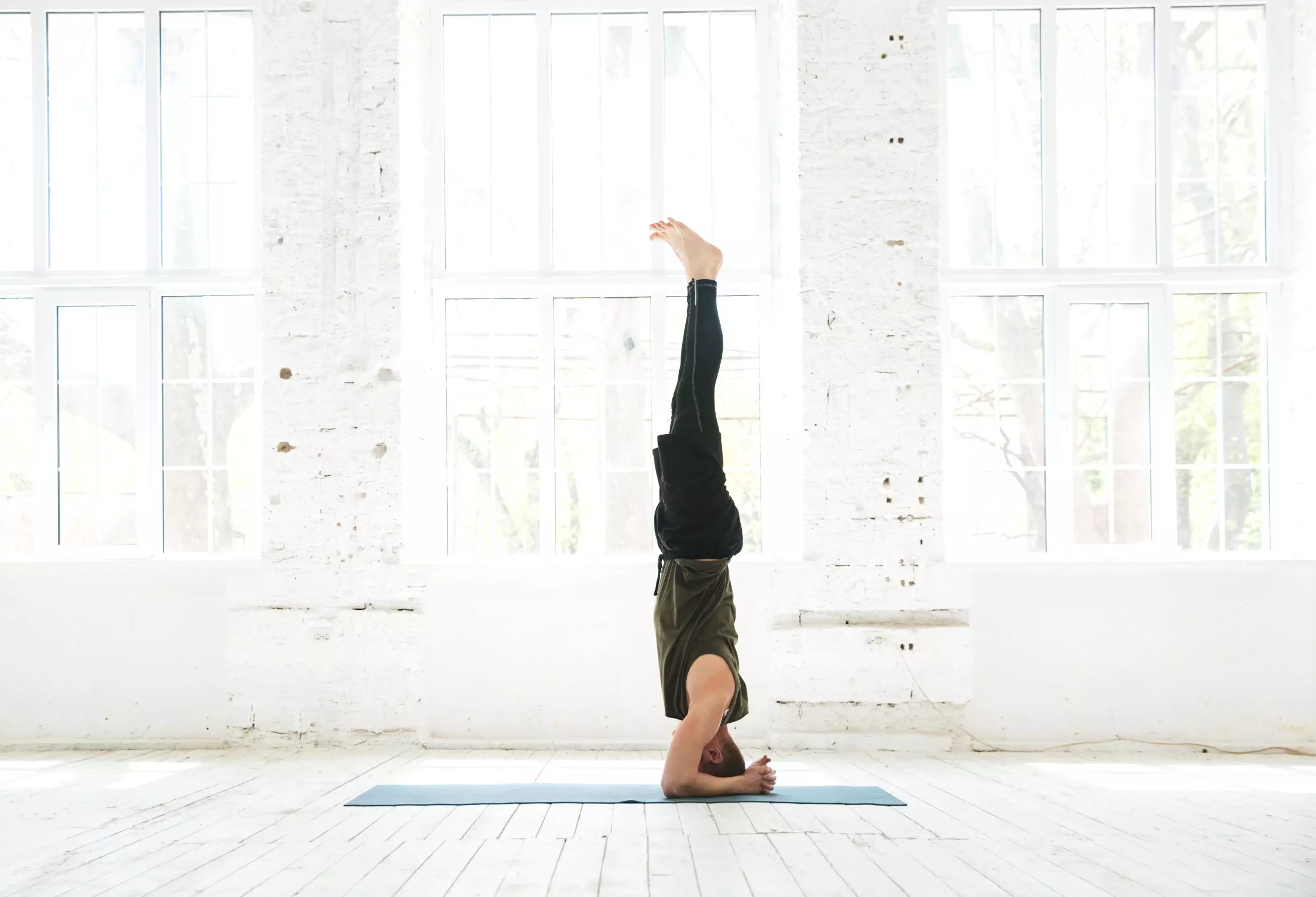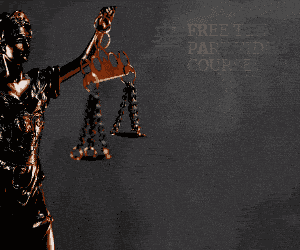AnxietyLiving a balanced lifestyley stress, anxiety or depression? Do you struggle with finding balance in your life and managing these emotions? If so, then this free course is for you. In this series of ten lessons, we will explore the connection between balanced living and reducing anxiety, identify triggers that lead to anxiety, develop coping mechanisms to manage it, exercise as a tool for mental wellbeing, nutrition’s impact on mental health, mindfulness techniques to reduce anxiety, and more. Let’s get started!
Introduction to Balanced Health and Anxiety
Living a balanced lifestyle has many benefits when it comes to managing anxiety. When our lives are out of Balance, it can lead to increased stress levels which can contribute to feelings of anxiety. By focusing on maintaining a healthy work-life balance, prioritizing self-care activities such as exercise and relaxation, eating a balanced diet, and practicing mindfulness, we can reduce our overall level of anxiety.
The Benefits of Living a Balanced Lifestyle
There are numerous benefits to living a balanced lifestyle, including reduced stress levels, improved physical and mental health, better relationships, increased productivity, and an overall sense of happiness and fulfillment. By taking care of ourselves and making time for rest and relaxation, we can improve our quality of life and reduce our risk of experiencing anxiety.
Free Course: Overcoming Anxiety Through Balanced Living
In this first part of our course, we will explore the connection between stress and anxiety, and how they are related. We will also discuss common triggers for anxiety and ways to identify them in order to prevent future episodes. Finally, we will introduce some basic coping mechanisms for managing anxiety.

Part One: Understanding the Connection Between Stress and Anxiety
Stress and anxiety are closely related, but there are important differences between the two. While stress is a response to pressure or demands placed upon us, anxiety is a feeling of unease, fear, or worry about future events or situations. However, chronic stress can lead to anxiety if not managed properly.
Identifying Your Triggers for Anxiety
Everyone experiences anxiety differently, and what triggers one person may not trigger another. Some common triggers include social situations, public speaking, travel, financial worries, and relationship problems. Identifying your personal triggers is key to managing anxiety effectively.
Developing Coping Mechanisms for Anxiety
There are many effective coping mechanisms for managing anxiety, including deep breathing exercises, progressive muscle relaxation, meditation, yoga, and cognitive behavioral therapy (CBT). These techniques can help you calm down quickly when you start to feel anxious, and can also reduce your overall level of anxiety over time.
Exercise as a Tool for Managing Anxiety
Regular exercise has been shown to have numerous mental and physical health benefits, including reducing symptoms of anxiety and depression. Exercise releases endorphins, which are natural mood boosters, and can also provide a sense of accomplishment and pride. Even small amounts of regular exercise can make a big difference in reducing anxiety.
Nutrition and Its Impact on Mental Wellbeing
What we eat can have a significant impact on our mental wellbeing, including our risk of experiencing anxiety. Eating a balanced diet rich in whole foods, lean proteins, fruits, and vegetables can provide essential vitamins and minerals that support brain function and reduce inflammation, while consuming too much sugar, caffeine, or alcohol can increase feelings of anxiety.
Mindfulness Techniques for Reducing Anxiety
Mindfulness is the practice of being present in the moment and fully engaged with your surroundings. This technique can be very helpful for reducing anxiety, as it encourages you to focus on the here and now rather than worrying about the past or future. Mindfulness practices such as meditation, deep breathing, and body scans can all be effective tools for managing anxiety.
Conclusion
In conclusion, living a balanced lifestyle can greatly benefit those who experience anxiety. By identifying triggers, developing coping mechanisms, incorporating exercise into your routine, paying attention to nutrition, and using mindfulness techniques, you can significantly reduce your overall level of anxiety and improve your quality of life. Remember, taking care of yourself is the most important thing you can do for your mental health.









